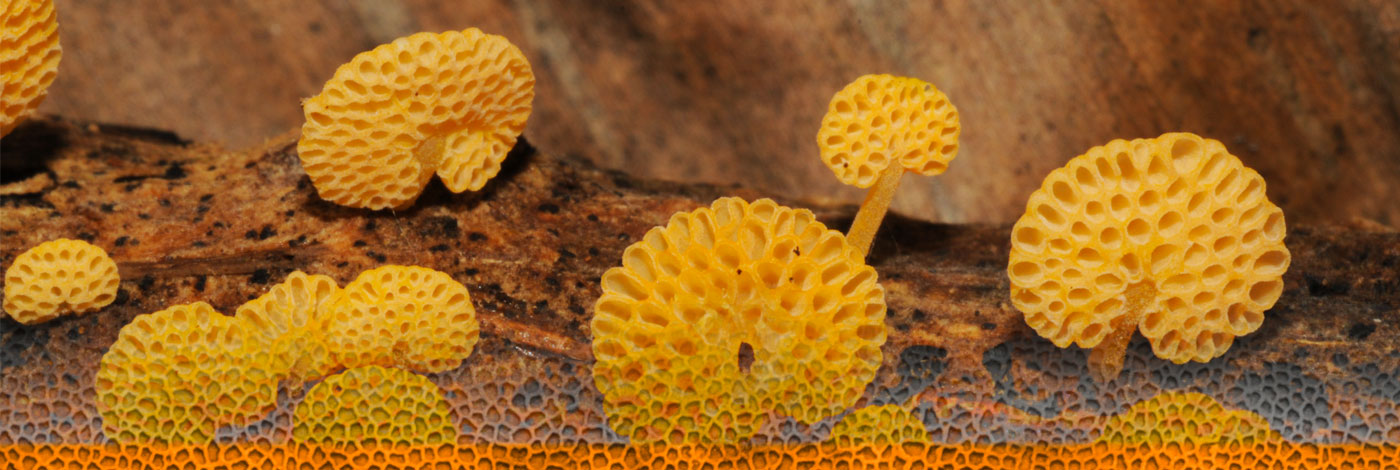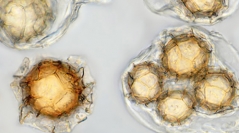

 Cryptogamie, Mycologie
42 (9) - Pages 149-170
Cryptogamie, Mycologie
42 (9) - Pages 149-170The true truffles, Tuber aestivum Vittad., T. borchii Vittad., T. magnatum Picco and T. melanosporum Vittad., are among the most studied fungal species; they also have a high economic value due to their special aromatic and nutritional properties that make them a much sought delicacy. Despite this, their identification has been based on morphological and then molecular characters in the absence of reference type specimens. Although long of scientific, commercial and regulatory use, these four scientific names are at risk due to a lack of nomenclatural priority. To provide the scientific community with reference voucher samples and to initiate nomenclatural proposals for the recognition of their status as conserved names, three collections from sites mentioned by their authors (Picco and Vittadini) are proposed as epitypes for Tuber aestivum, T. borchii and T. melanosporum, and one as a neotype for T. magnatum. The type of each name is described morphologically and molecularly characterized with the sequences of three markers: ITS, β-tubulin, elongation factor 1α. The taxonomy and nomenclature of each species are discussed. The conservation of the names Tuber aestivum against the previous homonymous Tuber aestivum (Wulfen) Spreng. and the competing name Tuber blotii Eudes-Desl., T. magnatum against Tuber griseum Borch ex Pers., and T. melanosporum against Tuber nigrum Bull. will be proposed. The name Tuber borchii has no previous synonyms and therefore it is legitimate and does not require conservation.
Multilocus typing, nomenclature, ITS, β-tubulin, elongation factor 1α, history, lectotypifications, néotypifications, épitypifications